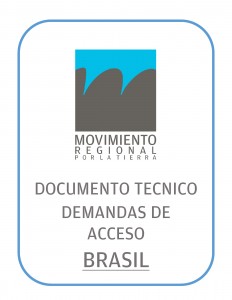Tyrants, Tycoons and Tigers
ABSTRACTED FROM SUMMARY: A bitter land struggle is unfolding in northern Burma’s remote Hugawng Valley. Farmers that have been living for generations in the valley are defying one of the country’s most powerful tycoons as his company establishes massive mono-crop plantations in what happens to be the world’s largest tiger reserve. The Hukawng Valley Tiger Reserve in Kachin State was declared by the Myanmar Government in 2001 with the support of the US-based Wildlife Conservation Society.



